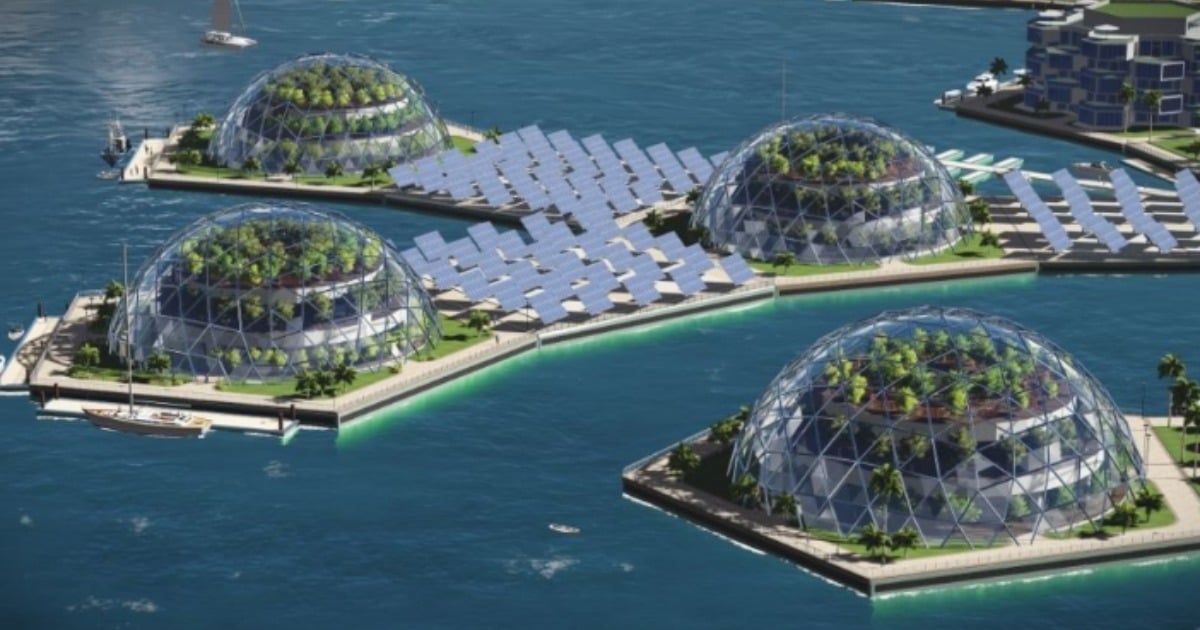
By Brigid Andersen and Margot O’Neill.
Do you love the ocean? Are you an innovator? Are you sick of tired old models of government that are stuck in the last century?
If you answered yes to the above, consider seasteading; it’s like Waterworld but without the mutants.
The idea is to build politically independent countries that float on the ocean, and the concept might not be as far-out as you think.
The Seasteading Institute has already signed an agreement with the French Polynesian government to develop a legal framework for the first floating island and the Institute is currently calling for public submissions to attend its upcoming forum in the region.
As part of its Ignite series featuring radical and provocative ideas for the future, Lateline spoke to Seasteading Institute spokesman Joe Quirk, about how these floating nations could work.
What are seasteads?
Seasteads are floating islands of self-governing communities which hope to facilitate innovative business ideas an a low-regulation environment.
Mr Quirk said the world is run by old-style governments and seasteads would move the world into the 21st Century.


